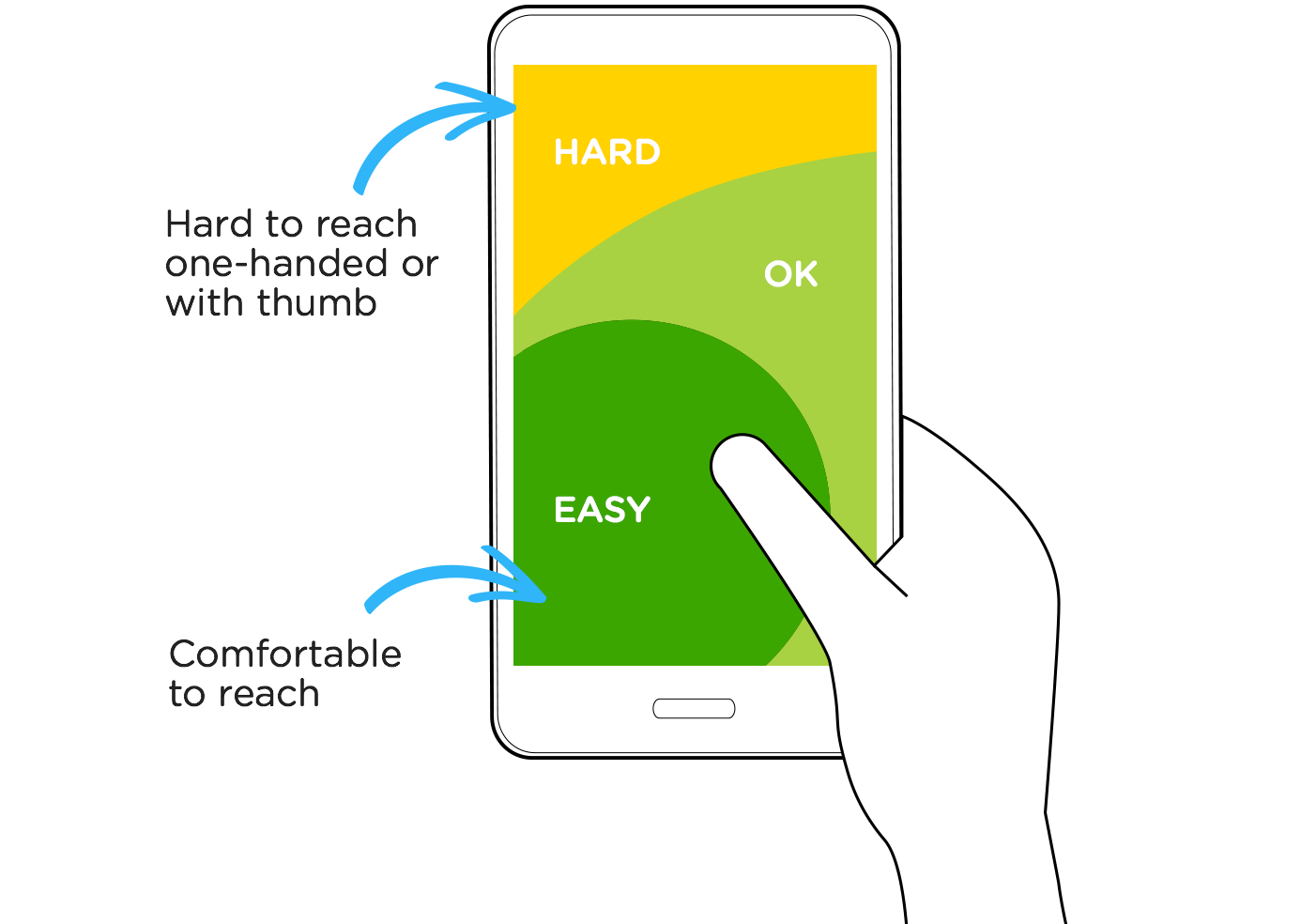The smartphone Zone: Navigating the Complex Landscape of Our Pocket-Sized Worlds
The smartphone. It’s a ubiquitous presence, a digital appendage that extends our reach, organizes our lives, and, increasingly, defines our existence. We live within a “smartphone zone,” a complex ecosystem of apps, notifications, and constant connectivity that shapes our behaviors, relationships, and even our sense of self. This article delves into the various facets of this zone, exploring its benefits, its drawbacks, and the ongoing negotiation we have with these powerful devices.
The smartphone’s journey from a luxury item to an essential tool has been remarkably swift. Its evolution, driven by technological advancements and the insatiable demand for connectivity, has fundamentally altered how we communicate, consume information, and interact with the world around us.
The Acceleration of Connectivity

The advent of 3G and 4G networks, and now 5G, has fueled the smartphone’s rise, enabling seamless internet access on the go. This constant connectivity has transformed the smartphone from a simple communication device into a portal to the digital realm.
The Democratization of Information
Smartphones have placed a vast repository of knowledge at our fingertips, enabling instant access to news, research, and educational resources.
The Transformation of Commerce
Mobile commerce has revolutionized the retail landscape, allowing consumers to shop, pay bills, and manage their finances from their smartphones.

While the smartphone has undoubtedly brought numerous benefits, its pervasive presence has also raised concerns about its impact on our mental health, social interactions, and overall well-being.
The Attention Economy and Digital Distraction
The constant stream of notifications, alerts, and updates from our smartphones has created a culture of distraction, making it difficult to focus on tasks and maintain deep concentration.
The Erosion of Face-to-Face Interaction
The reliance on digital communication has led to a decline in face-to-face interactions, potentially impacting our social skills and emotional intelligence.
The Impact on Mental Health
Studies have linked excessive smartphone use to increased levels of anxiety, depression, and sleep disturbances.
Privacy Concerns and Data Security
The vast amount of data collected by smartphones and apps raises concerns about privacy and data security.
The challenge lies not in abandoning smartphones altogether, but in finding a healthy balance between their benefits and drawbacks. We must learn to navigate the smartphone zone with intention and awareness, reclaiming control over our attention and prioritizing our well-being.
Mindful Smartphone Use
Setting boundaries for smartphone use, such as limiting screen time and turning off notifications, can help reduce distractions and promote focus.
Prioritizing Face-to-Face Interactions
Making a conscious effort to engage in face-to-face interactions with friends, family, and colleagues can help strengthen relationships and improve social skills.
Cultivating Digital Detoxes
Taking regular breaks from smartphones and social media can help reduce stress and anxiety, and promote mental clarity.
Protecting Privacy and Data Security
Reviewing app permissions and adjusting privacy settings can help protect our personal information.
Education and Awareness
Promoting digital literacy and awareness of the potential impacts of smartphone use can help individuals make informed choices about their technology habits.
The smartphone is not going away. As technology continues to evolve, we can expect even greater integration of smartphones into our lives. The future of the smartphone zone will depend on our ability to adapt and navigate this complex landscape with intention and awareness.
The Rise of Artificial Intelligence
AI-powered assistants and chatbots are becoming increasingly integrated into smartphones, offering personalized support and automation.
The Expansion of the Internet of Things (IoT)
Smartphones are becoming central hubs for controlling and managing a growing ecosystem of connected devices, from smart homes to wearable technology.
The Development of Augmented and Virtual Reality
AR and VR technologies are transforming the smartphone into a portal to immersive digital experiences, blurring the lines between reality and simulation.
The smartphone zone is a complex and evolving landscape, offering both immense opportunities and significant challenges. Our ability to navigate this landscape with intention and awareness will determine the impact of these powerful devices on our lives and society. By embracing mindful use, prioritizing face-to-face interactions, and cultivating digital detoxes, we can reclaim control over our attention and prioritize our well-being. As we move forward, it is crucial to foster a culture of responsible technology use, promoting digital literacy and awareness of the potential impacts of smartphones. The smartphone zone is not a destination, but an ongoing negotiation, a continuous process of adaptation and balance. By engaging in this process with intention and awareness, we can harness the power of smartphones while safeguarding our well-being and preserving the richness of our human experience.



